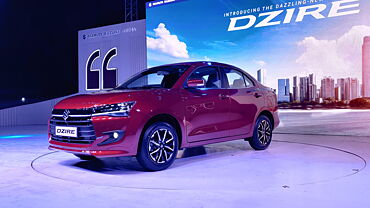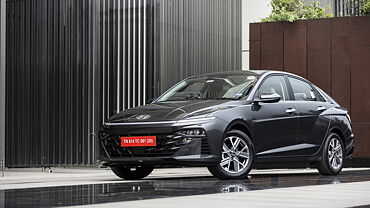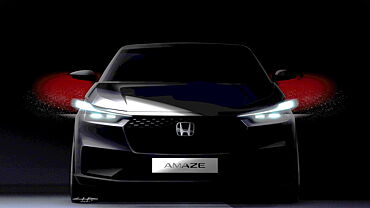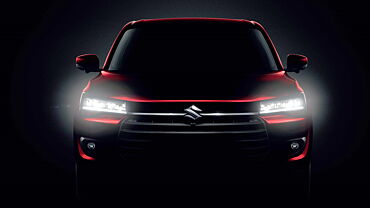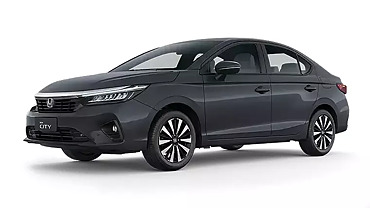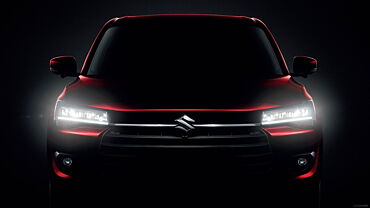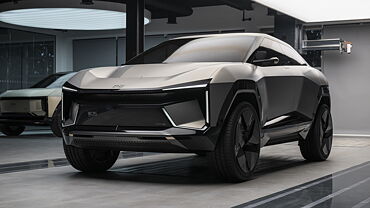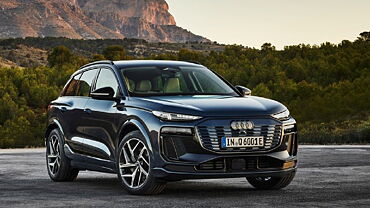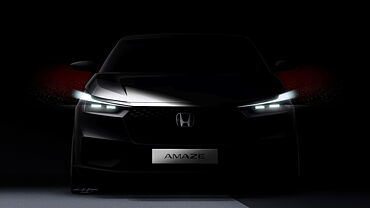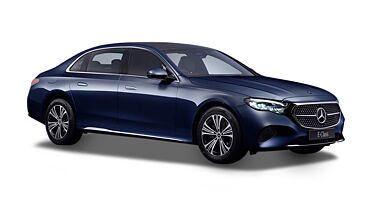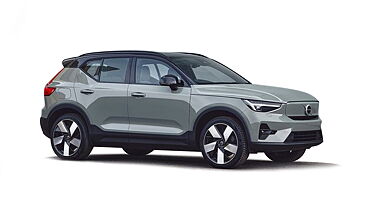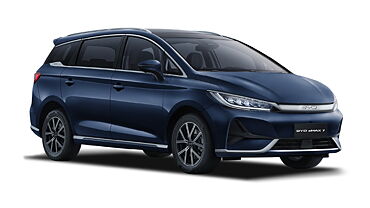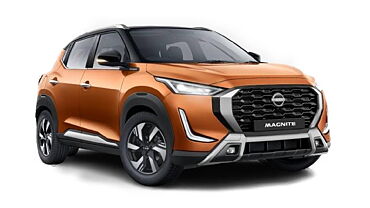Petrol, Diesel, CNG or LPG? We help you choose!
Today I am writing about fuel types in India. As I explained last week, diesel and petrol are fuel types where the main difference is defined by the cost of operating. In today's article I will have a look at petrol, diesel, LPG and CNG. Which is better for what? And which should I choose?
Though there are alternative fuels like bio-gas and ethanol, we are not dealing in detail as they are not used in practice due to non-availability in sufficient quantity.
I will write the article as follows: I will compare and score each of the fuel types for the following dimensions:
- Investment
- Running cost
- Maintenance
- Comfort
- Performance
- Environment
- Availability
I will finalize with a conclusion.
Investment
Of the fuel types mentioned, we can easily state that petrol engine is the cheapest. This is because the petrol engine is the base engine and simplest one. CNG and LPG both require minor engine modifications. The diesel engine is technically more complex than the petrol engine and hence also more expensive.
For diesel engines, the design has to be adapted taking into account the nature of diesel, which requires higher compression ratio for compression ignition to take place. Hence a diesel engine may be anywhere around a lakh rupees more expensive than a petrol engine.
LPG and CNG are highly combustible, and hence the engine inherent technology does not need fundamental changes. For installing LPG or CNG kit, the initial investment requires app Rs 40,000 for CNG and Rs 20,000 for LPG. This would include the fitment of cylinder and modification of the engine and starting system accordingly.
|
Rank |
Fuel Type |
Expense vs Petrol |
|
1 |
Petrol |
0 |
|
2 |
LPG |
20,000 |
|
3 |
CNG |
40,000 |
|
4 |
Diesel |
1,00,000 |
Running cost
The running costs of different fuel types, is determined by the cost per liter/kg of the fuel, and the mileage of the same.
The cost of petrol ranges from around Rs 50 per liter, though it differs slightly in different regions of India. The cost of diesel is around Rs 38 per liter. The increased cost of petrol and diesel has led to a search for other alternatives, LPG and CNG. The cost of CNG per KG is around Rs 18 and that of LPG around Rs 25 per Kg.
| Rank |
Fuel Type |
Cost |
| 1 |
CNG |
Rs 18 / KG |
| 2 |
LPG |
Rs 25 / KG |
| 3 |
Diesel |
Rs 38 / L |
| 4 |
Petrol |
Rs 50 / L |
Now we have to consider the mileage of the car. Mileages vary a lot according to the specific model, engine, and driving behavior. So we will use general average figures here.
With petrol in any good car, the expected mileage is around 15 KMPL on an average and hence the cost per KM will be Rs 3.3 (Rs 50 divided by 15). With diesel, assuming an average mileage of 17 KMPL, the cost per KM will be Rs 2.3. With LPG costing around 25 Rs per KG and with a mileage of 300 KM per 14KG, the cost per KM will be Rs 1.15 (one KG takes you 300/14 KM).
For CNG, the mileage is similar to LPG and hence the cost per KM is
|
Rank |
Fuel Type |
Cost |
Mileage (AVG) |
Cost per KM |
|
1 |
CNG |
Rs 18 / KG |
21 KM/KG |
Rs 0.84 |
|
2 |
LPG |
Rs 25 / KG |
21 KM/KG |
Rs 1.15 |
|
3 |
Diesel |
Rs 38 / L |
17 KMPL |
Rs 2.3 |
|
4 |
Petrol |
Rs 50 / L |
15 KMPL |
Rs 3.3 |
Maintenance
Purchasing a car, is a start of a long relationship. Besides normal running costs, the car will also require regular maintenance, and this differs per fuel type.
Maintenance is mainly of two types - periodic (or scheduled) maintenance and breakdown maintenance. Periodic maintenance requires the replacing of all oils, worn-out parts, as per the expected good life of the same.
Breakdown maintenance is the replacement of damaged or failed parts or any other type of problems that arise suddenly.
The fact that petrol engine parts are cheaper than diesel engine parts make petrol engines cheaper for regular maintenance. Comparatively, diesel engines maintenance are costlier.
Another important point to consider, is the frequency of repair which depends highly upon the quality of manufacture. LPG/CNG fitments require frequent checkup of the connections. Hence, even though regular maintenance cost is quite cheap, it will be done frequently. Also, for these engines, the cost of repairs will increase significantly with problems arising in head assy. Moreover, when the fitting has been poorly, maintenance expenses will spiral quickly.
|
Rank |
Fuel Type |
|
1 |
Petrol |
|
2 |
Diesel |
|
3/4 |
CNG / LPG |
Comfort
To evaluate the comfort of the car, from a fuel perspective, we must consider the smoothness and ease of operation.
Petrol engines are well recognized for its smoother operation, relative quietness and good acceleration. Diesel engines on the other hand are quite noisy, have slower pickup and frequent cold starting problems.
With connection of LPG and CNG, problems are reported for foul smell, cold starting problems. Moreover, extra space is required for fitting of the tank which otherwise could be used for carrying bags and other goods.
|
Rank |
Fuel Type |
|
1 |
Petrol |
|
2/3 |
LPG/CNG |
|
4 |
Diesel |
Performance
The parameters for deciding performance of any car are power developed for given capacity of engine, pickup, and stability in long and continuous usage.
Petrol engines have an advantage over other fuels in terms of faster pickup and power. Diesel engines accelerate slowly and are more suitable for long usages. LPG/CNG fitments suffer from a slight lack of initial pickup, but accelerate faster than their diesel brethren.
All in all, however, we can say that for city usage, we will not notice differences in performance for these fuel types.
|
Rank |
Fuel Type |
|
1 |
Petrol |
|
2/3 |
LPG/CNG |
|
4 |
Diesel |
Environment
Nowadays, environmental impact of a fuel type is considered during the purchase process. This is more so with the recent attention for global warming and the like. All the fuel types discussed here have different environment effects.
The effect of usage of each fuel depends upon the chemical content of fuel and the emission after combustion. Here, petrol has the disadvantage of emitting carbon monoxide, which is a very poisonous gas. The petrol engine’s exhaust smoke is invisible but it is quite a dangerous gas which also contributes for global warming.
Diesel, though it emits dusty gas, has more environment friendly emissions than petrol. Diesel fumes do not contain certain harmful gases present in petrol fumes.
Nonetheless, LPG/CNG are much more environmental friendly. This is caused because it is completely combusted and produces a clean exhaust gas.
|
Rank |
Fuel Type |
|
1/2 |
LPG/CNG |
|
3 |
Diesel |
|
4 |
Petrol |
Availability
If we look at the availability of the fuel, we must look at two things – local availability (how easy can I fill my tank) and global availability.
Although all fuels are from extracted from fossil fuels, the global availability of each fuel is a major deciding factor for the price and limitations of usage. In India, there is scarcity in petrol and diesel, while there is a huge demand for the same. Major reserves of fuel are imported from Gulf countries and hence our local price of petrol and diesel are directly dependent upon international market price for petrol and diesel. This price is influenced by geopolitical events.
LPG, CNG and its related products are needed to a large extent for domestic requirements and hence the government has to put regulations for utilization of the same for commercial purpose. Still, a large amount of it is produced in India and since the demand is relatively small, the risk of price shocks is smaller.
As far as local availability goes, petrol and diesel are easily available at all gas stations. However, not all of them carry LPG or CNG. Moreover, the availability of LPG and CNG are regionally different. In the North of India, CNG is predominant (there is no LPG in New Delhi) – but in the South, LPG is preferred.
Hence we can state, that the local availability of LPG and CNG is somewhat limited and may occasionally cause problems if not well planned.
|
Rank |
Fuel Type |
|
1 |
Petrol |
|
2 |
Diesel |
|
3/4 |
LPG/CNG |
Conclusions
As explained in the last paragraph, usually in certain areas either of CNG or LPG is available. Hence, for users, the choice is generally between diesel, petrol or CNG (for North India) or diesel, petrol or LPG (for South India).
Combining the tables, we see the following:
|
Fuel |
Invest- ment |
Running Cost |
Mainte- nance |
Comfort |
Perfor- mance |
Environ- ment |
Availability |
Conclu- sion |
|
Petrol |
1 |
3 |
1 |
1 |
1 |
3 |
2 |
? |
|
Diesel |
3 |
2 |
2 |
3 |
3 |
2 |
3 |
? |
|
LPG/CNG |
2 |
1 |
3 |
2 |
2 |
1 |
1 |
? |
Now, I have left the conclusion column empty on purpose. Why? Because, this depends completely on your personal preferences. Do you want a speedy, fast car? Then petrol is the way to go. Are you nuts about the environment? CNG and LPG are for you.
Do you want economy with carefree ownership? Then diesel would be most likely be better for you.
In general, based on the comparative study of each type of engine including their performances, availability of fuel, cost of fuel, etc., petrol engines are the best for cars for private usage and diesel engines for commercial, regular long drives. The availability and environmental friendly nature of LPG/CNG makes it the best alternative fuel.
It is also important to note that there is a general trend towards cleaner fuels and reducing the dependence on diesel and petrol. Hence manufacturers are working seriously on the technicalities of the vehicles, so as to make it perform best with alternative fuels like LPG/CNG etc. This means that the attractiveness of these fuels will increase further in the future.
I would like to make the following notes to this article. While I have tried to rank and score the different fuel types in general, such rankings can differ across manufacturers, usage, and geography. Please also understand that a complete and thorough analysis of these fuel types will be a book on itself!
We would like to invite you to share your own experiences and insights below. The choice of a fuel type is one of the major choices when purchasing a car, and any experience you share will surely help the other visitors on this site.
